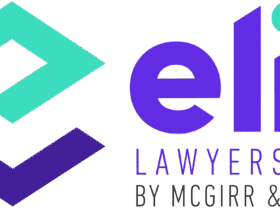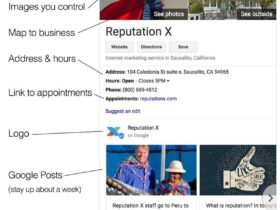Accusations of defamation can be daunting and stressful. Understanding your rights and options is crucial if someone claims you’ve made false statements that harm their reputation. A seasoned defamation attorney is your best ally in these situations.
At RM Warner Law, we specialize in defending against defamation with proven strategies. This blog post will provide in-depth insights into mastering defamation defense, helping you understand how to protect your rights and restore your good name.
Understanding Defamation and Its Consequences
Defamation involves making a false statement that harms someone’s reputation and is communicated to a third party. It can take two forms: libel and slander.
Slander refers to spoken statements that harm someone’s reputation. This can occur during Instagram Lives, podcasts, or other verbal communication.
Libel involves written or published statements. Think of articles, social media posts, and even reviews that cast someone in a negative light.
The consequences of a successful defamation claim can be severe, including financial damages, loss of job opportunities, and damage to one’s personal and professional reputation.
What Strategies Will Your Defamation Attorney Use to Help You?
When you are the target of a defamation lawsuit, your defamation attorney will employ several key strategies to protect your rights and reputation.
Here are some of the most effective approaches they might use.
1. Truth as a Defense
One of the most effective defenses against defamation allegations is proving that the statement in question is true. Therefore, gathering evidence to support the truthfulness of the statement is crucial.
This can include witness testimonies, documents, and other forms of proof. It’s important to note that this defense only applies if the statement is entirely true – even a small inaccuracy can jeopardize the entire defense.
2. Opinion as a Defense
Opinions are generally protected under the First Amendment, which guarantees freedom of speech. However, certain situations can make opinions defamatory.
For example, if a statement is presented as fact rather than opinion, it may not be protected. That is where the “reasonable person” standard comes into play; if a reasonable person would interpret the statement as fact rather than opinion, it may be considered defamatory.
It’s important to present the statement as an opinion, not a statement of fact. You can accomplish this by using phrases such as “in my opinion” or “I believe.” However, these disclaimers still may not exempt you from all legal action.
3. Lack of Malice
This defense is often used in cases involving public figures, as there is a higher burden of proof to show that they made the statement with malicious intent.
Proving a lack of malice can be achieved by showing that the statement was made in good faith and without ill will toward the person or entity being defamed. Evidence such as a lack of prior conflicts or a history of positive interactions between the parties involved can support this.
4. Consent
If the allegedly defamed person consented to the statement being made, that can be used as a defense against these claims. This argument usually applies when they permit their name or information to be used in a publication or other form of media.
However, it may not apply if the statement goes beyond what was consented to or if the consent was obtained under false pretenses.
5. Privilege
Two types of privilege can be used as a defense against defamation: absolute privilege and qualified privilege.
Absolute privilege applies when the statement is made during a judicial or legislative proceeding. These statements are considered to be immune from defamation claims, even if they are false or made with malicious intent.
Qualified privilege refers to statements made in certain situations where there is a public interest or duty to speak. It can include statements made by government officials, teachers, or employers regarding employee performance or conduct.
Trust the Defamation Attorneys at RM Warner Law
If you’re facing defamation claims, contact RM Warner Law’s skilled and experienced defamation attorneys.
Call 1-866-570-8585 or complete our contact form to speak with a member of our dedicated legal team.
For more insights and information, follow us on Instagram, YouTube, and TikTok.













